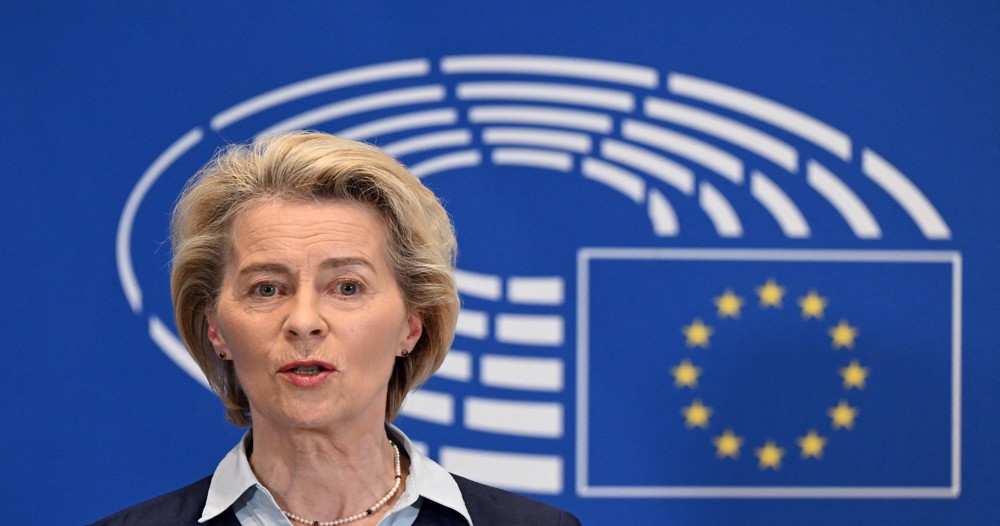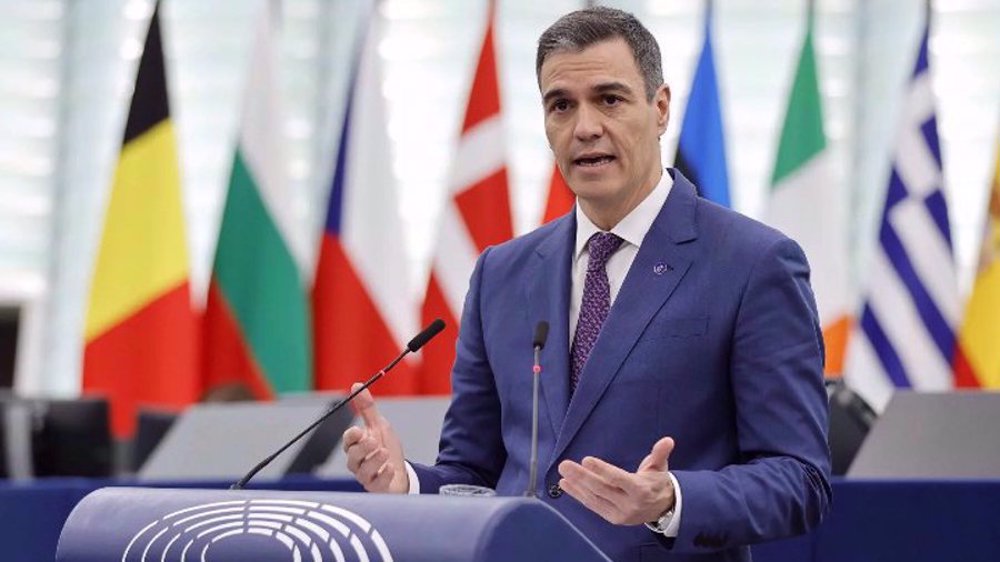Greece PM urges No vote in referendum on bailout terms
Greek Prime Minister Alexis Tsipras has pledged to press ahead with a referendum on the terms of a bailout deal with Athens’ international creditors, calling for a No vote in the country’s upcoming poll.
A No vote in the July 5 referendum would not endanger Greece's place in the eurozone or in the European Union (EU), but would instead exert pressure on the country’s international lenders to provide Athens with an economically viable agreement, Tsipras said in a televised address to the nation on Wednesday.
"A 'No' vote does not signify a rupture with Europe, but a return to the Europe of values," he said.
The premier also called on Europe to stop acting in an "undemocratic way” concerning Greece’s planned referendum, adding that the program used by European creditors in the Mediterranean country over the past few years was a failure and led Athens to bankruptcy.
He further accused Europe's financial leaders of "blackmail,” saying it was "shameful" that Greek banks were forced to close over the debt crisis.

In another development on Wednesday, the Council of Europe said the referendum on bailout proposals made by Greece’s creditors is organized hastily and does not meet European standards.
"It is obvious that the timeline is too short with regards to our standards," said Daniel Holtgen, the spokesman for the Council's secretary general Thorbjoern Jagland.
Meanwhile, Italian Prime Minister Matteo Renzi said the planned Greek vote amounted to a choice between remaining in the single currency bloc or returning to the drachma, the country’s former currency.
Greece made a fresh reform offer to its lenders on June 30 to resolve the debt crisis after defaulting on its debt to the International Monetary Fund (IMF).
In response, German Finance Minister Wolfgang Schaeuble expressed doubt about Greece’s new concessions and ruled out a bailout deal before the cash-strapped country's Sunday referendum.
French President Francois Hollande, however, urged an agreement with Greece over its debt before the planned vote, warning that waiting for the referendum raises a risk of turbulence as well as a "leap into the void."

On June 27, the Greek parliament passed a bill approving Tsipras' motion to hold the referendum on whether the government should agree to the lenders' demands for tougher austerity measures in return for bailout funds to the debt-ridden country.
Greece received two bailouts worth a total of €240 billion (USD 272 billion) in 2010 and 2012 from its creditors following the 2009 economic crisis.
SSM/KA/GHN
UK, Italy call on Israel to refrain from escalating tensions in region
VIDEO | Erdogan breaks silence, backs Iran’s reprisal attack on Israel
VIDEO | Toronto activists block Canada-US rail line in support of Gaza
FM: Iran informed US of retaliatory strikes against Israel
VIDEO | Press TV's news headlines
VIDEO | London demonstration calls for UK to stop exporting arms to Israel
US secretly pressing countries into nixing Palestinian statehood: Cables
VIDEO | Israel impregnability perished










 This makes it easy to access the Press TV website
This makes it easy to access the Press TV website